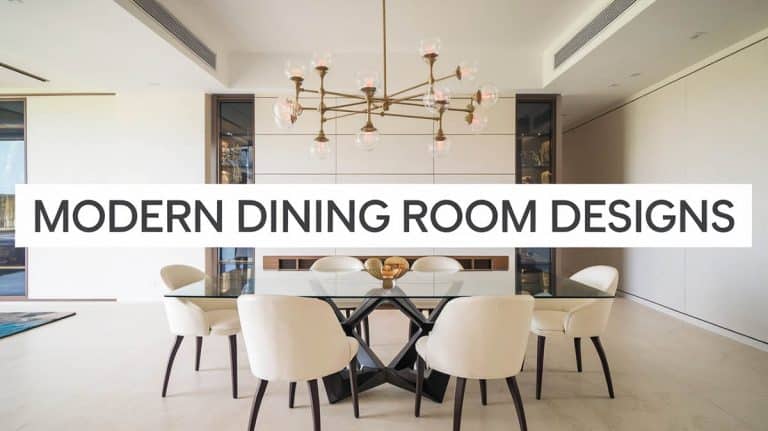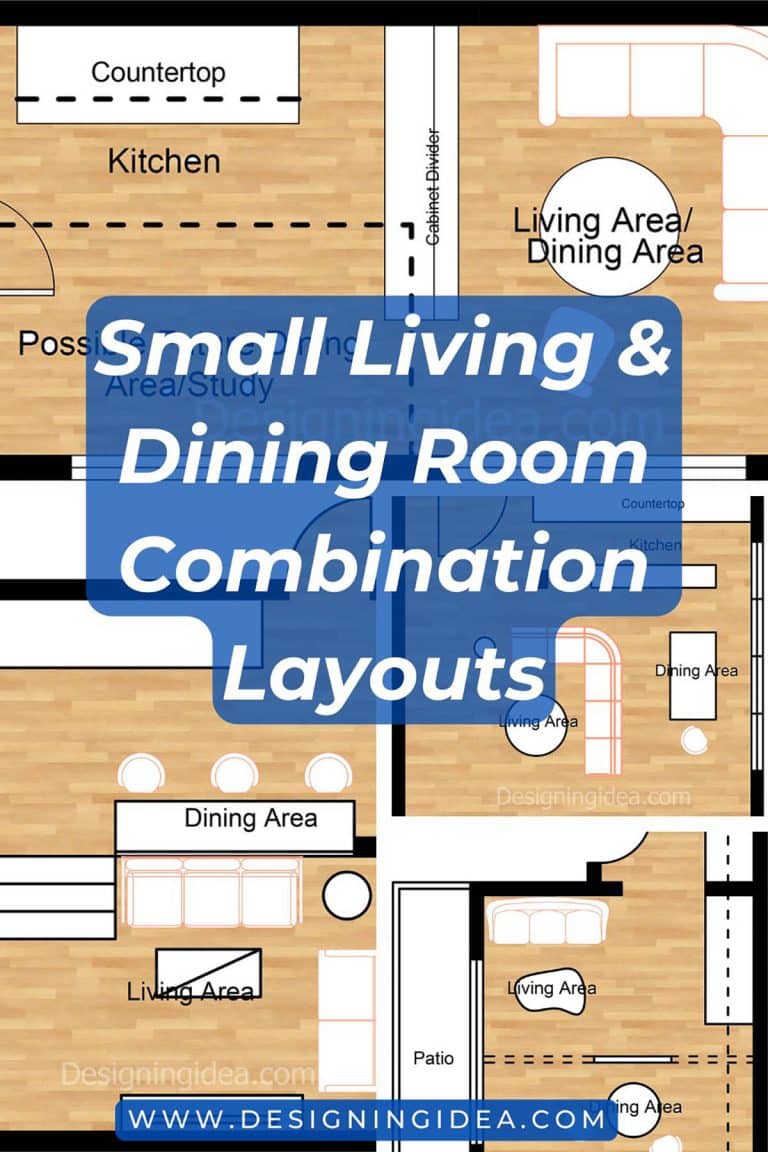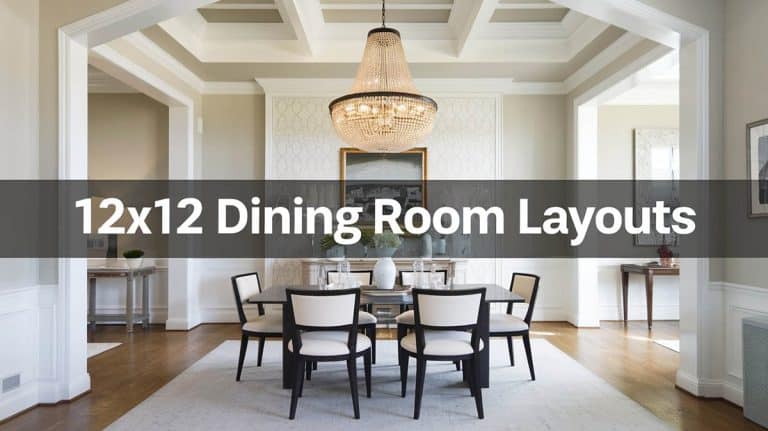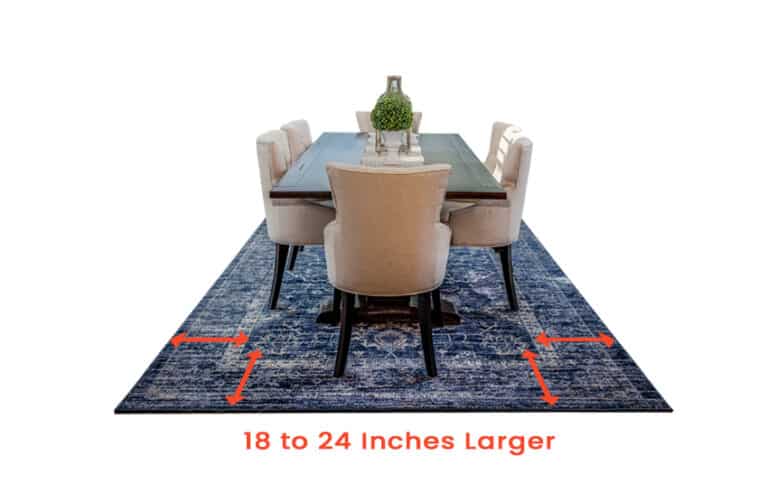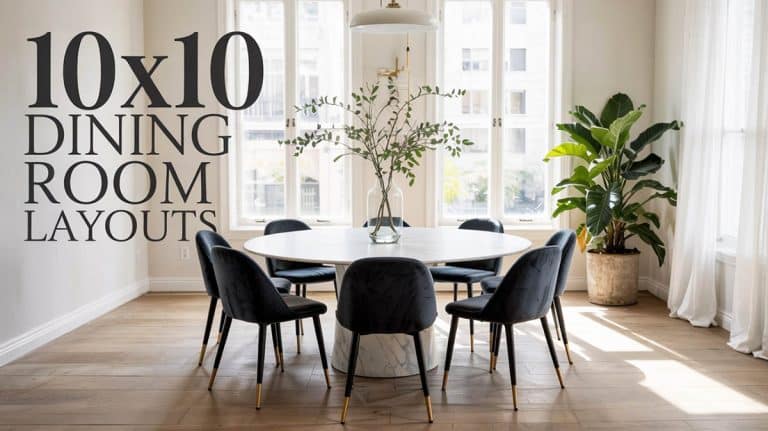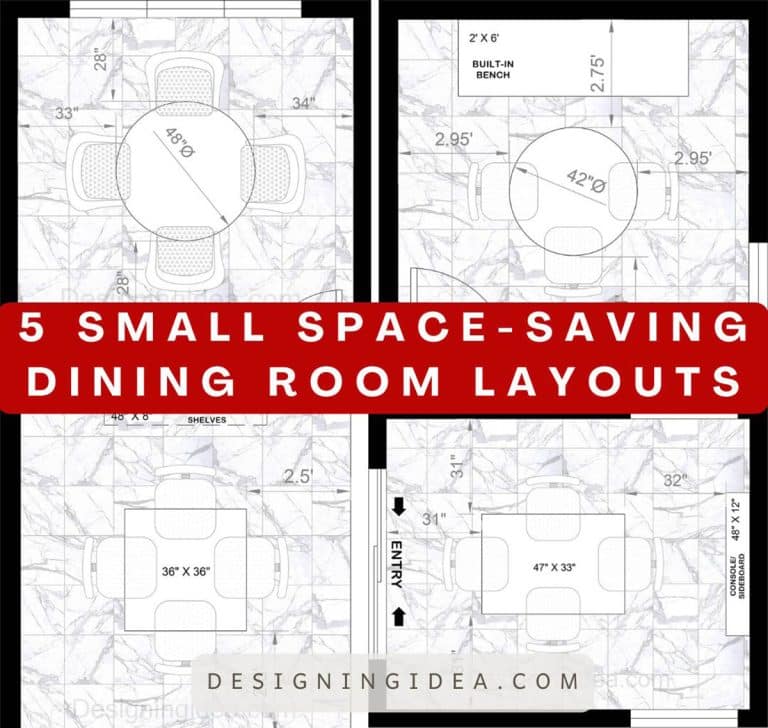Two Tone Dining Rooms: Designer Ideas To Make It Work
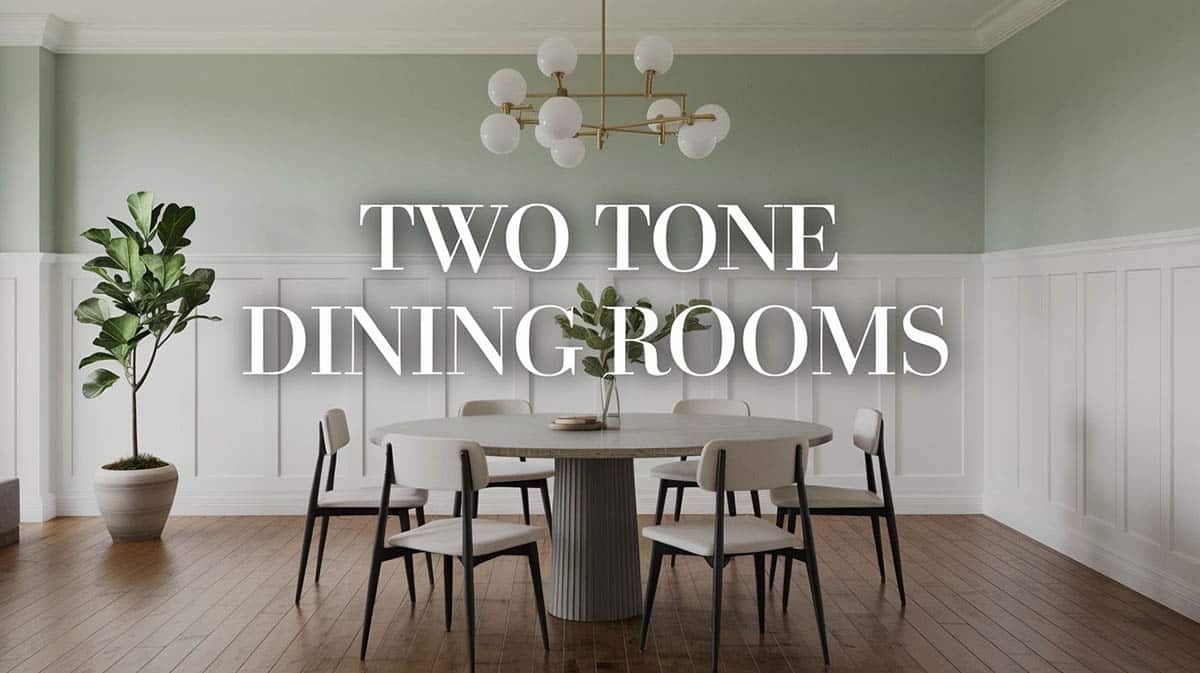
A dining room is one of the house’s most used rooms, hosting activities and family members at least 2-3 times a day. In addition, it is also the culminating space when guests come over, especially during family reunions and holiday celebrations. Because of this, creating a dynamic, vibrant space is key when designing, and using two tone dining room color scheme is a great way to achieve this.
Two Tone Dining Room Designs
There are many important things to consider when choosing paint color for walls, molding, and furniture, and choosing how to apply different finishes together. Here are a few important things to consider when coming up with two tone room ideas:

Upload a photo and get instant before-and-after room designs.
No design experience needed — join 2.39 million+ happy users.
👉 Try the AI design tool now
Layout – Determine whether the colors will be separated per wall or by a horizontal chair rail or wainscoting. Color blocking can also depend on the surface being applied. For example, the base color can be applied to the plain walls, while the accent color is applied only to the cornices, wainscoting, and trims.
Color – Create and compare swatches to see how different colors mix and match together. There are many combinations to choose from, and a good way of organizing these is by classifying them into color schemes. A monochrome scheme uses the same hue but in varying lighter or darker shades.
Analogous colors refer to hues beside each other on the color wheel, which works great for when you want a cool-toned room or a warm-toned room in a combination of two tones. A trickier yet highly rewarding scheme, when used properly, is complementary color schemes, or those that sit opposite each other on the color wheel. These are highly opposite hues, meaning their combination brings out the vibrancy of the other hue.
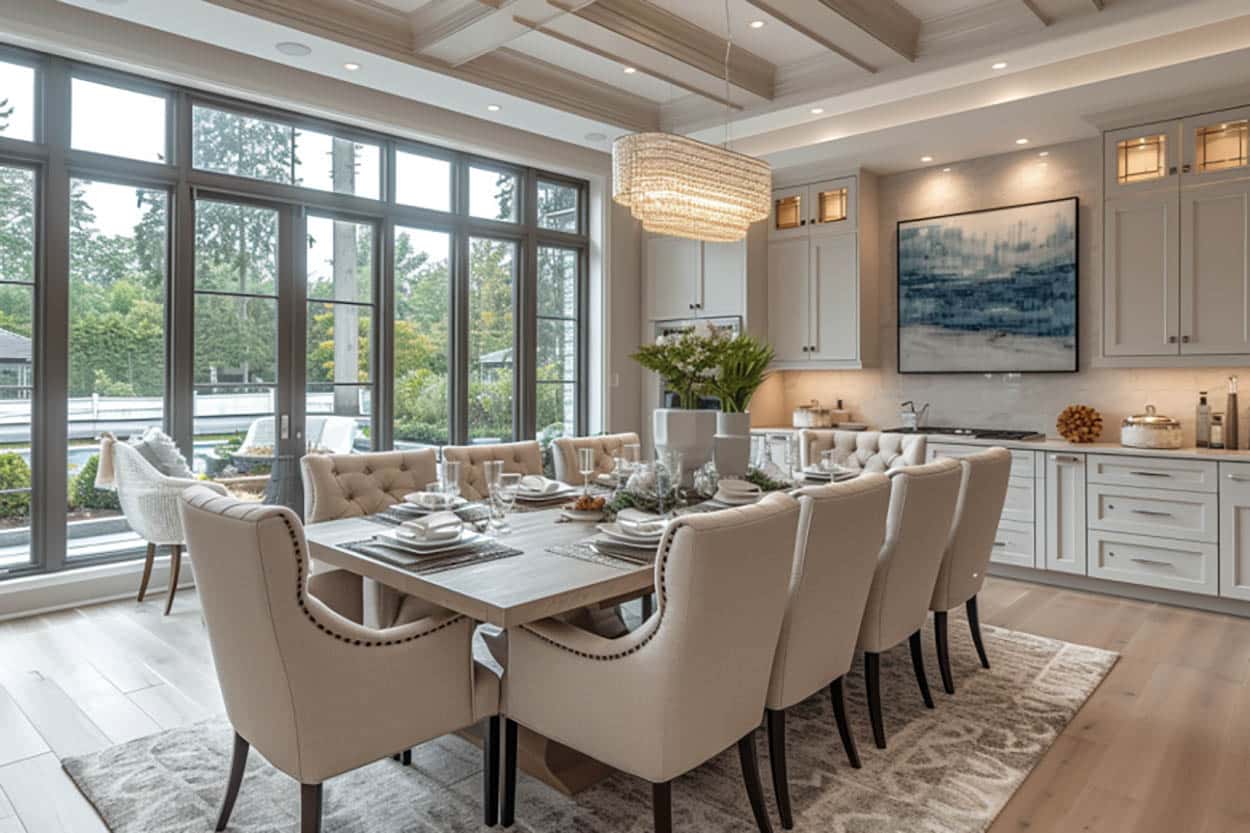
Shades – When mixing colors together, also take note that you can adjust different things such as their brightness and vibrancy. Usually, choosing a lighter shade is a good way to subdue a more solid base color. Conversely, using a clean white or off white is a great way to complement a wall in a vibrant color.
Finishes – Sometimes, creating a two-tone color scheme does not automatically entail different paint swatches, it could also mean differing types of material. For example, using a rough, heavy-grained wood against a pale, fine-grained polished stone can achieve dramatic results. Materials of the same finish can also be matched or complemented as well, depending on the intent of the designer.
Furnishings – Sometimes, it is easier to achieve a unified color palette if the room to be two-toned is brand new and has no existing furnishings yet. Since these furniture pieces are going to be a permanent part of the room as well, designers should make sure that they also go with the color scheme of the room—making sure that the furniture neither sticks out like a sore thumb nor is completely absorbed into the walls.
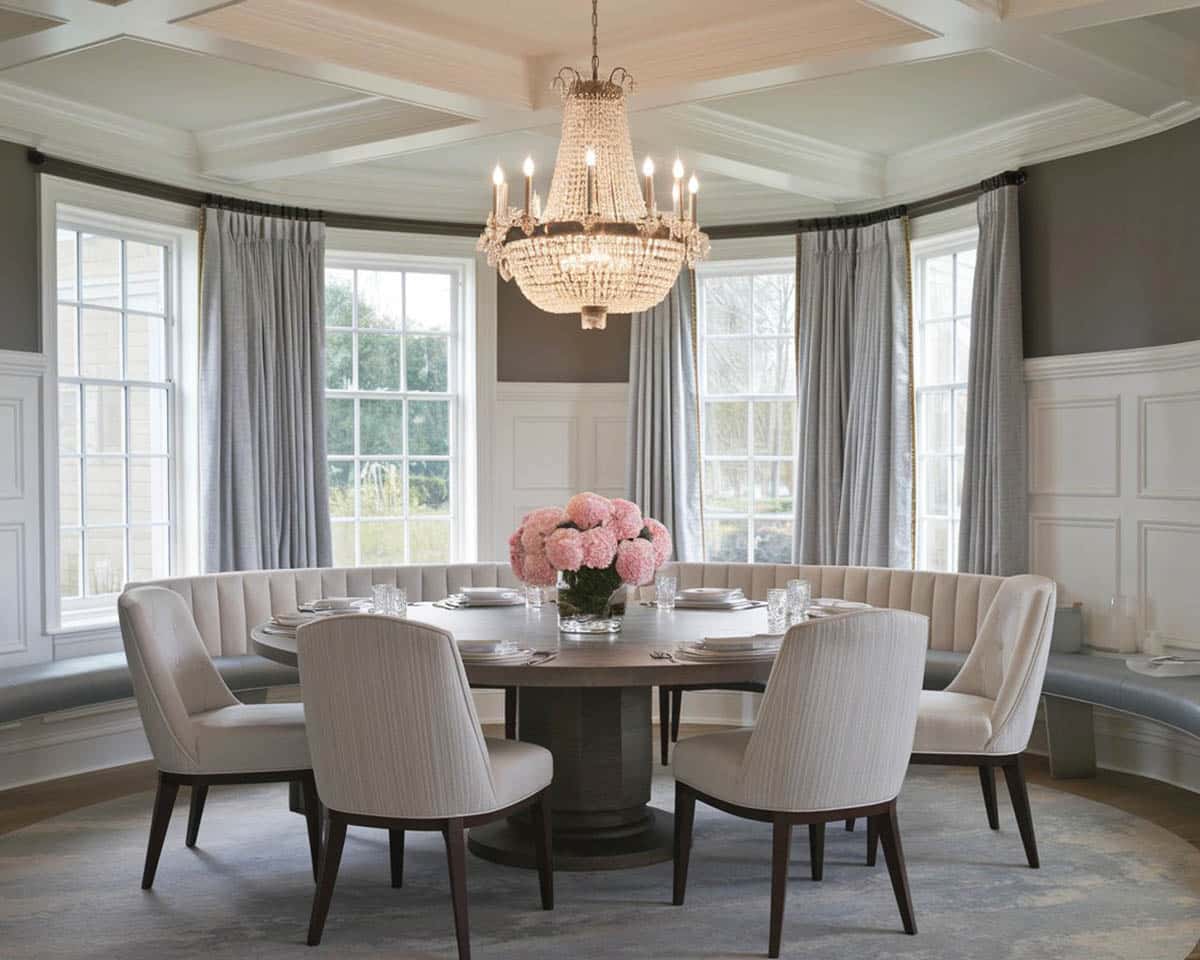
This round table features two large two-seat benches, paired off with two pairs of smaller chairs in similar flower embroidered upholstery. The setup is topped off by a hanging crystal chandelier, and a base of a warm grey carpet running all around the room. The walls are in a two-tone scheme, with the paneled wainscoting in white reaching two-thirds the wall height. The remaining third is painted in a somber warm grey, a muted background for the Contemporary luxe dining room.
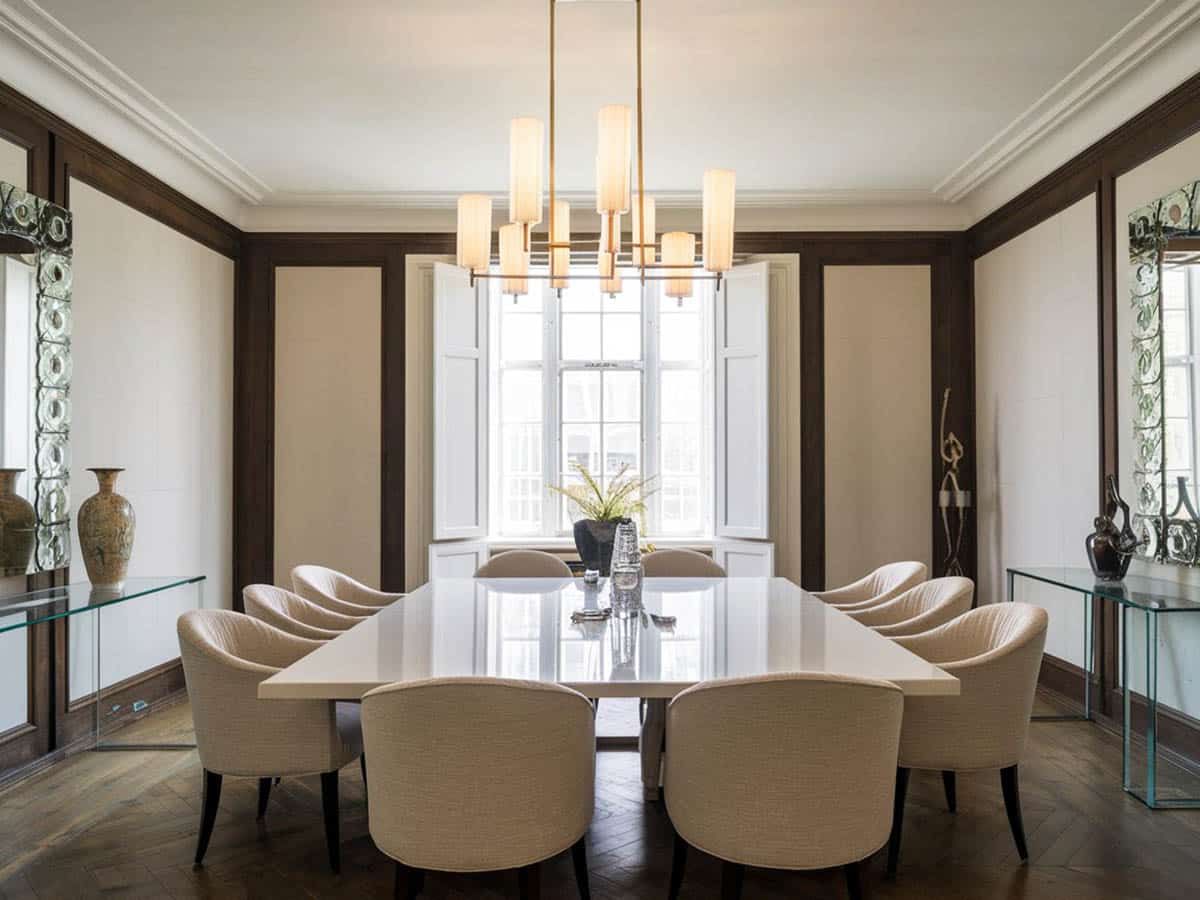
This Contemporary dining room goes for two-tone walls that transcend not only color, but even texture and finish. Dark mahogany brown trims line the corners, cornices and baseboards of the walls, enclosing beige textile panels in between. The chevron-patterned warm wood parquet floors give this setting a tropical feel and is a great accent to the Contemporary profile of the table and upholstered chairs, as well as the hanging lampshade candelabra at the center.
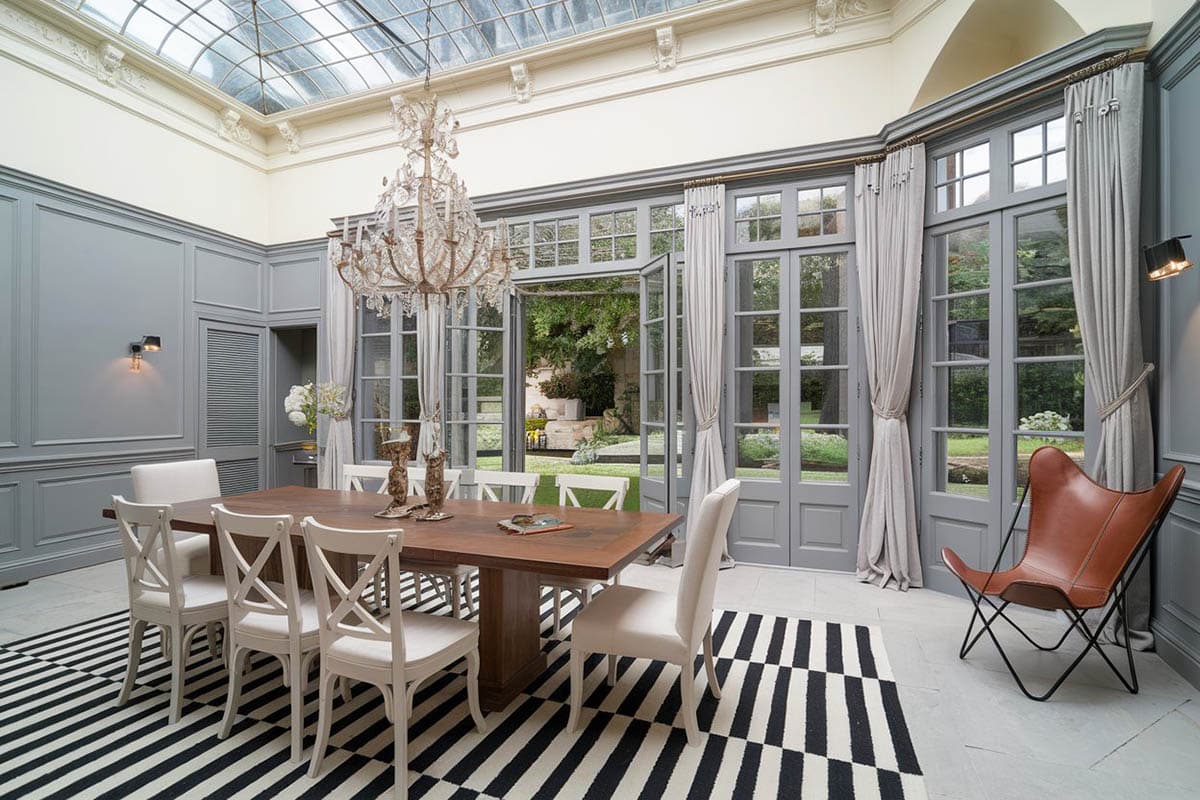
This dining room looks like it came straight out of a Nantucket cottage. Tall picture windows line its hexagonal perimeter, matched with an extensive skylight that invites in as much sunlight and scenery as possible. An ornate cornice runs all around the skylight and highlights the central chandelier in crystal and black metal. The interiors are done in pale beige tones, with the grey-green window frames as an accent. One neutral tone and one cool tone are a good base for accommodating the Classic style furnishings in black and white textile, white painted wood, polished wood, and brushed leather. Two-tone room ideas, such as the one above, that utilize curtains to match the paint colors can create a visually interesting design.
Related Interior Design Galleries You May Like:
Modern Dining Rooms – Formal Dining Room Ideas – Formal & Casual Living Rooms

